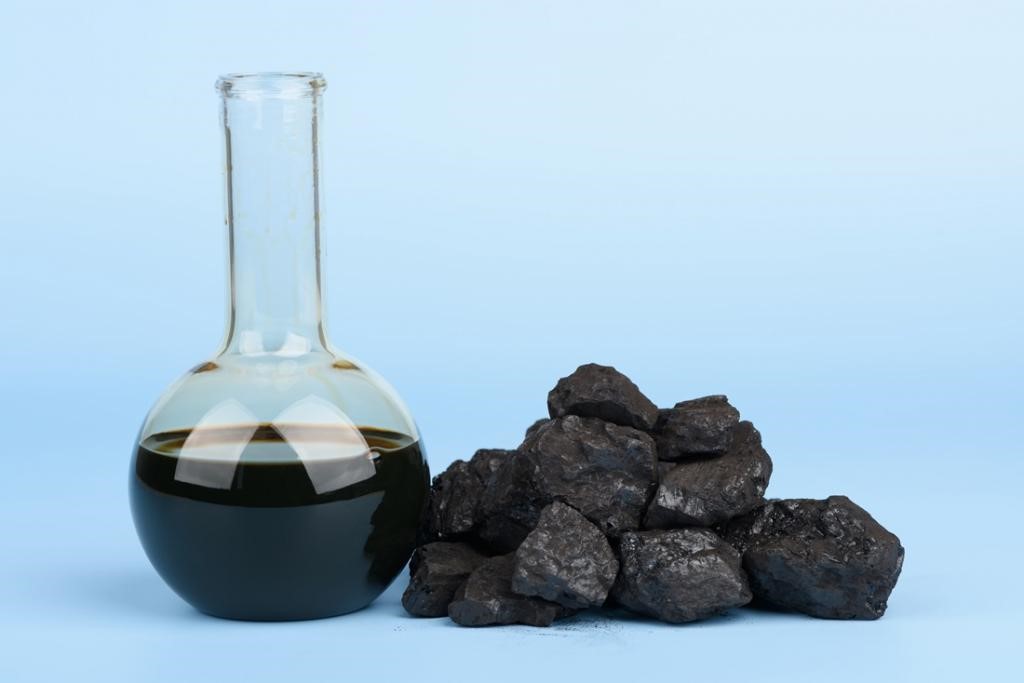Free Courses Sale ends Soon, Get It Now


Free Courses Sale ends Soon, Get It Now



Disclaimer: Copyright infringement not intended.
Context
What is Bridge Fuel?
Natural gas has been called a ‘bridge fuel’ for countries looking to transition away from coal and oil dependency, and as they pursue a pathway towards renewables and electrification.
Is natural gas actually cleaner than coal?
About Natural Gas
Possible impurities include carbon dioxide (CO2), hydrogen sulfide (H2S), and nitrogen (N).
Conclusion:
Source:
|
PRACTICE QUESTION With reference to bridge fuel’, which of the following statements is/are correct?
Which of the above statements is/are correct?
Answer: 4 |
© 2024 iasgyan. All right reserved